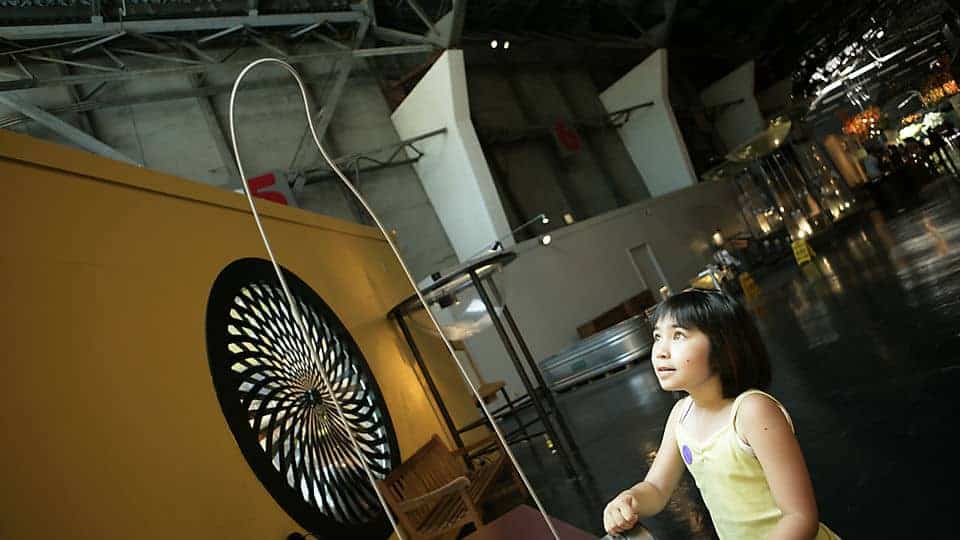Our world is rapidly changing. How can we help our children keep up?
Twenty-first-century skills are a hot topic in education today; some even call them the new building blocks for learning. Our children will need to survive and thrive in an increasingly competitive global landscape, and at the same time be able to collaborate with others from all over the world. Creativity and innovation will be highly prized, both for developing technology and new media, and for solving challenges with more limited resources. So how do we prepare our children for the jobs of the future?
What new skills will kids need?
Experts worldwide acknowledge that today’s children need more than the traditional 3 Rs (reading, writing and arithmetic) to prepare for 21st century careers. The Partnership for 21st Century Skills (PS21), for example, is working with state educational leaders on a new classroom curriculum that adds the 4 Cs:
- Collaboration
- Creativity
- Communication
- Critical thinking
What the complete set of skills includes—and how to develop it in the classroom—is still under debate. Yet, if there’s a common thread, it’s that 21st century skills are a mix of new and old, encompassing traditional academics (literacy, mathematics, science and social studies), life skills such as collaboration, problem solving and creativity, and career skills such as innovation, technology and global awareness.
While some of these 21st century skills may not seem relevant for young children, it’s important to provide a good foundation at an early age.
Fostering 21st century skills at home
While schools are beginning to make the shift toward 21st century standards, there’s a lot that you can do as a parent to foster these skills at home. Try these ideas as starters for supporting your child’s success.
- When children play together, offer them a collective set of play materials (such as a bin of crayons) rather than individual sets to encourage sharing, turn-taking and social skills.
- Introduce phrases from different languages around the world, such as the words for “please” and “thank you,” and expose your child to ways of thinking that come from different cultures. Which languages and cultures are not important at this stage; the goal is to show your child that there are many different ways to think, speak, eat and celebrate, all worthy of respect.
- Encourage out-of-the-box thinking by asking your child to come up with one or two new rules to a familiar game. (Make sure the rules are still fair!) Try playing it their way, and then ask them what they thought went well and what could have gone better. Decide together whether to change the rules again, and brainstorm new ways of playing. This helps kids learn how to evaluate their ideas, and problem solve in a group.
- Invite your child to help you solve common household problems by engineering new solutions. How can you get the back door not to stick? What’s a tidier way to bathe your new pooch? How can you fit all the suitcases in the car without blocking the driver’s view?
- Encourage your child to participate in family decisions and problem solving, and then praise your child’s efforts to reason through different situations. If they seem to be hesitant to throw in ideas, get the ball rolling by brainstorming together. Write everyone’s ideas on a piece of paper or whiteboard, giving equal consideration to each one. Once your child understands that all ideas are welcome, they may feel more confident in contributing their own.

